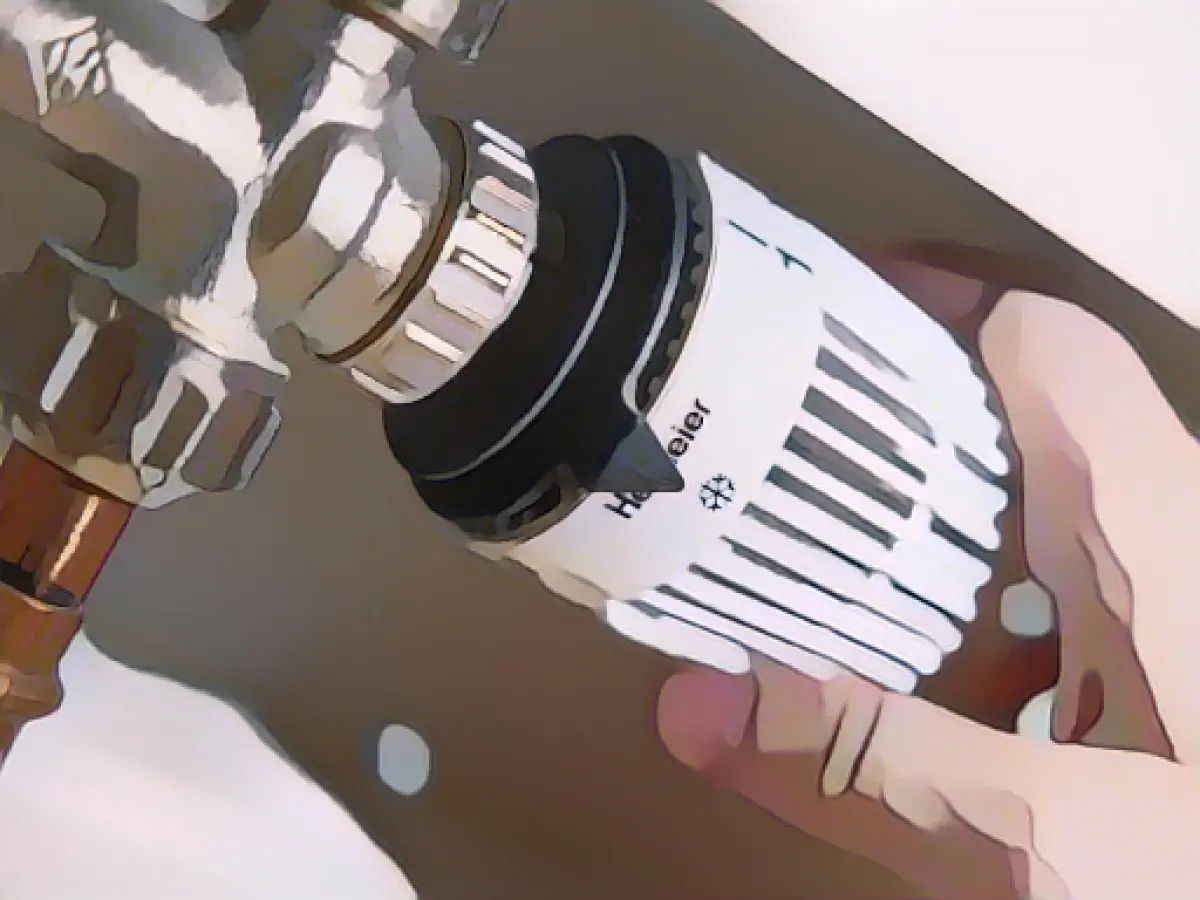Modern Heating Trends in Saarland Uncovered
In a recent study by the German Association of Energy and Water Industries (BDEW), it's revealed that a significant number of households in Saarland now boast modern heating systems. As we stand in 2023, an impressive 24.6% of households have heating systems under five years old, a dramatic increase from the 17.8% recorded in 2019.
One category witnessing a significant drop is those relying on heating systems over 25 years old. These accounts for 14.4% of households, a proportion that has halved within the past four years. Consequently, the average age of a heating system in Saarland has plummeted from 17.9 years in 2019, down to just 14.4 years as of 2023.
Looking at heating sources, gas and oil have seen a modest decline, with gas-powered heating systems occupying 13.1% of households (13.5% in 2019) and oil heating dropping to 1.5% (2% in 2019). District heating, on the other hand, maintained a steady rate at 13.1% (12.5% in 2019). This year, 4.2% of households rely on electric heat pumps, a notable jump from the 1.6% reported in 2019.
As for auxiliary heating sources, fireplaces continue their popularity surge. The number has increased by nearly 4 percentage points, reaching 39.7%. Meanwhile, solar thermal energy became significantly more appealing, growing by nearly 10 percentage points and currently standing at 16.3%.
Energy efficiency and climate change concerns contribute to this shift in modern heating system usage in Saarland, leading to a decrease in the prevalence of heating systems over 25 years old. However, traditionale heating sources like fireplaces remain popular and see a surge in popularity.
The increasing popularity of renewable heating options, such as heat pumps and solar thermal energy, reflects Saarland inhabitants' conscious efforts to lower their carbon footprint and contribute to a sustainable living environment.
In the broader context of energy efficiency and climate change, efforts to improve housing standards must be considered. Addressing issues such as high heating costs and limited abilities to afford necessities like heat provision during winter months could improve living standards overall.
To better facilitate the transition to greenhouse gas-neutral technologies, robust banking systems are essential, enabling households to secure loans for energy-efficient and climate-friendly alternatives. Initiatives like "Living Art of Building" (LAB) in Dresden focus on climate-neutral and resource-efficient construction solutions, while wind farm projects contribute significantly to renewable energy production.
Community energy projects like those implemented by Energiequelle GmbH in Thuringia provide local residents and energy cooperatives with the opportunity to participate in wind farm ownership and promote regional value creation. These initiatives align with the trend towards more sustainable and efficient heating systems, though the immediate challenge of affordability and access to heating remains a pressing issue in regions like Saarland.








